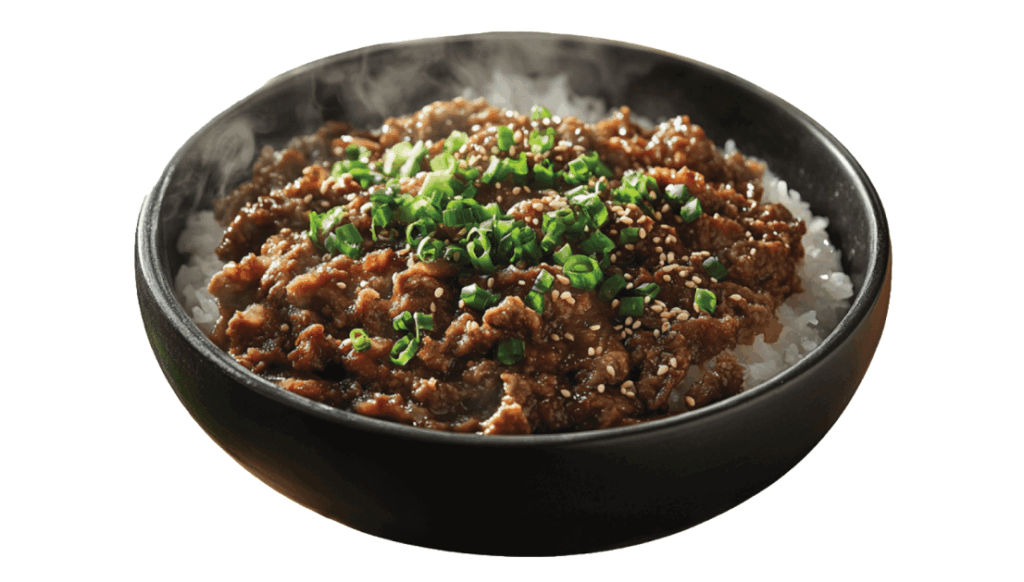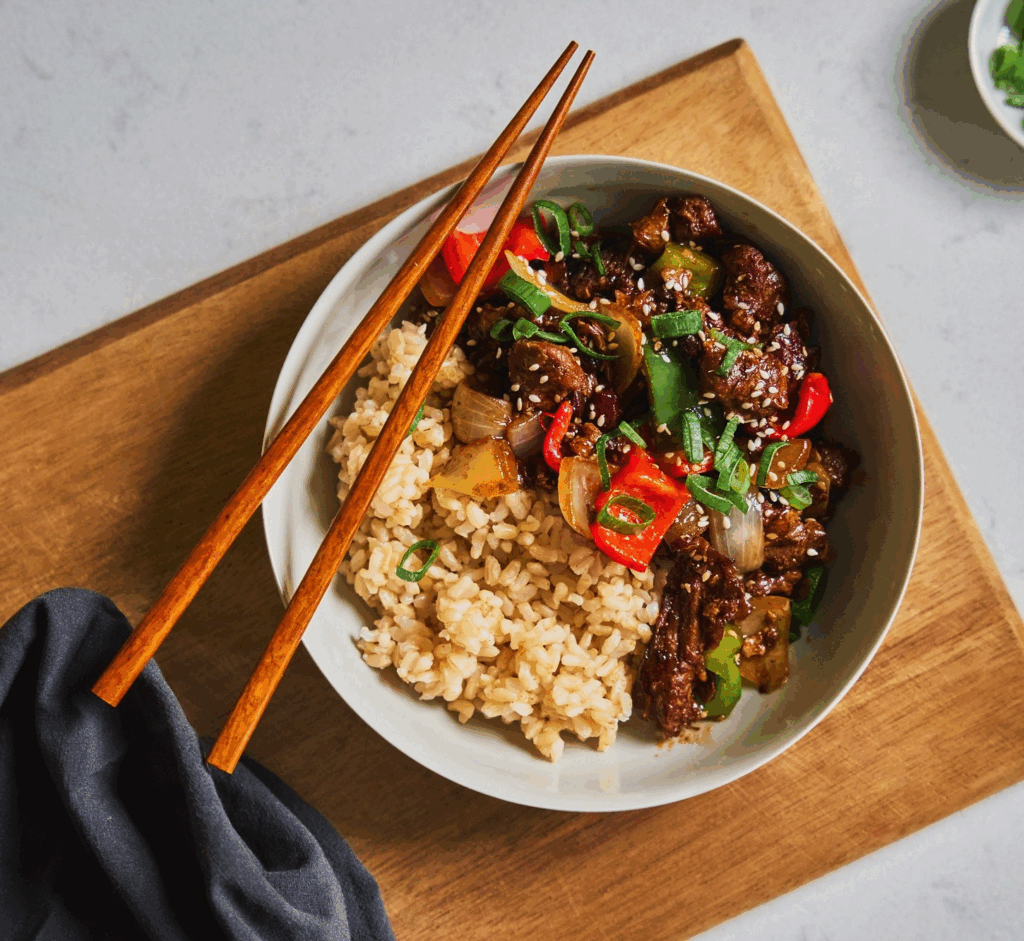Temasek-backed firm upgrades Singapore’s conventional meat with plant proteins
4 Sept 2025
Later this month, Singaporean shoppers browsing the frozen meat aisle will start to see new options that are neither fully plant- or animal-based, but rather, animal meat enhanced with plant proteins.
Q Protein is a collaborative effort between CREMER Sustainable Foods, Nurasa—a subsidiary of Singapore’s influential state-owned investment firm, Temasek—and meat importer Quality Meat, which aims to upgrade animal-based products through the addition of premium plant proteins. The new products will be sold through Quality Meat’s existing retail channels.
The first line of Q Protein products includes beef patties, beef stir fry, and minced beef and chicken—each of which gets a strong nutritional boost (more fibre, lower fat, and lower cholesterol) from the inclusion of high-quality soy protein, without compromising on flavour or affordability. Some Q Protein products even exceed the total protein content of their conventional counterparts.

Q Protein’s minced beef
Why is this good news for the alt protein sector?
If blended products like Q Protein prove successful, they could create a virtuous cycle in which plant-protein producers can rapidly ramp up their manufacturing capacity, leverage economies of scale, drive down costs, and expand the accessibility of sustainable foods—including fully plant-based meats.
This roll-out also comes hot on the heels of Nurasa’s new strategic partnership with Protein Industries Canada, which aims to drive large-scale innovation and commercialisation of plant proteins by leveraging Singapore’s strategic role as a gateway to Asia.

“At Nurasa, we believe the time has come to redefine meat—enhancing nutrition and sustainability without compromising taste or affordability. By combining the best attributes of conventional meat with the added nutritional benefits of high-quality plant-based proteins, we are pioneering solutions that meet Asia’s rapidly growing appetite while driving innovation and value across the food industry. As the category evolves, Nurasa is proud to lead the way in shaping the future of protein.”
Xiuling Guo, CEO, Nurasa
Consumer perception data suggests that local shoppers could be eager to give Q Protein a try. In a first-of-its-kind study released last year by GFI APAC, 93 percent of surveyed consumers in Singapore, Thailand, Indonesia, Vietnam, Malaysia, and the Philippines expressed interest in trying meats enhanced with plant proteins, including more than three-quarters of people sceptical of trying fully plant-based meat and 80 percent of those who have eaten plant-based meat but don’t intend to again.
Building on this early research, GFI APAC is currently conducting the first Asia-focused sensory study of enhanced meat products,* in collaboration with Singaporean scientists. Initial findings will be shared at this year’s Singapore International Agri-Food Week (SIAW) in November, alongside a new GFI APAC Communications Guide on this emerging category.
* Note: There is no universal consensus on nomenclature to describe products that combine high-quality plant-based ingredients with conventional animal protein. Various terms—including “enhanced,” “blended,” “hybrid,” and “balanced”—have been used interchangeably, but in most cases, companies operating in this category advertise their products, first and foremost, as meat. Plant-protein enhancements, including flavour and nutrition upgrades, are often positioned as secondary benefits. In other words, these products should be viewed as an extension of the conventional meat supply, not a new category of alternative proteins.
An emerging opportunity for meat companies
As beneficial as these enhanced products could be for plant-protein producers, the advantages for legacy meat players could be even greater.
Upgrading animal meat opens the door to customisation based on a wide variety of desirable attributes. For example, select plant-based ingredients can be added to meat to support gut health, muscle growth, weight loss, or integration of healthy proteins into kids’ meals. Sufficient R&D testing will be essential to ensure that reaching a desired protein level or inclusion rate (e.g., 50/50 plant-to-animal) does not come at the expense of flavour—a non-negotiable factor for market success—but all things being equal, a product that delivers everything consumers expect from meat plus more will be viewed as having clear value.

Australian startup Harvest B’s “slow cooked diced beef” uses plant proteins to create a product with 25 percent more protein per 100g serving, compared to 100 percent sous-vide cooked beef [Credit: Harvest B]
Plant proteins also require up to 96 percent less land and 99 percent less water to produce than conventional meat, and contribute up to 98 percent fewer greenhouse gas emissions. Their impact is so significant that if Burger King and McDonald’s changed their hamburger patties to 50/50 blends, it could reduce emissions by up to 51 million tonnes and single-handedly achieve 80 percent of both brands’ net-zero targets.
So will meat industry leaders ultimately be the unlikely heroes of Asia’s food future, not by competing with alt protein startups but by working with them to transform animal meats from within? It’s too early to say—but I, for one, would cheer the plot twist.
Onwards,

Ryan Huling
Senior Writer | GFI APAC
Haven’t subscribed yet? Join our mailing list below to be the first to hear about updates like this!
